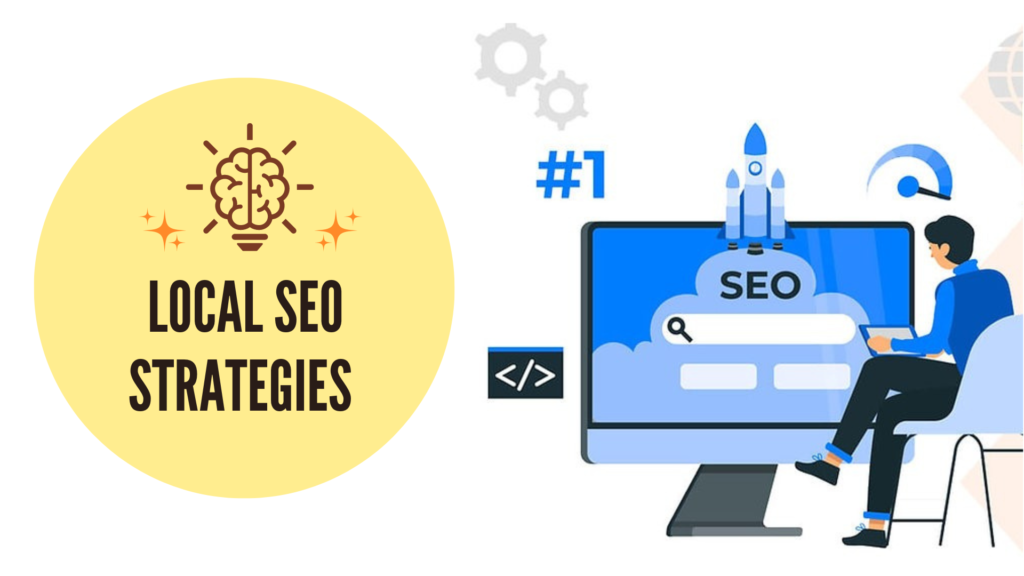Local SEO Strategies for Small Businesses
Local SEO (Search Engine Optimization) is crucial for small businesses that want to attract customers from their local area. By Implementing local SEO strategies, they can greatly benefit.
1. Google My Business: Create or claim your Google My Business listing and optimize it with accurate business information, such as name, address, phone number, and hours of operation. Add photos and videos to showcase your business. Collect and respond to reviews. Use relevant categories to describe your business.
2. Use Local Keywords: Use local keywords in your website content, meta tags, and headers to improve visibility in local search results. Ensure your business name, address, and phone number (NAP) are present on each page of your website. If your business operates in multiple areas then, create location-specific pages.
3. Local Content Creation: Create content that is locally relevant to your target audience, such as blog posts about local events, news, or community involvement. Create local guides and resources that are relevant to your community. Share local success stories and case studies.
4. Get Listed in Online Directories: Ensure your business is listed in online directories like Yelp, Yellow Pages, and other industry-specific directories. Consistent NAP (Name, Address, Phone number) information is essential. Also, look for niche directories related to your business.
5. Local Link Building: Build relationships with local businesses, sponsor local events, charities, or participate in community activities to earn local backlinks to your website.
6. Encourage Customer Reviews: Encourage satisfied customers to leave reviews on platforms like Google, Yelp, and Facebook. Simplify the review process for customers by offering direct links. Manage and respond to reviews to show engagement and build trust.
7. Mobile Optimization: Ensure that your website is mobile-friendly since many local searches are done on mobile devices these days. Also improve page load speed to enhance user experience and reduce bounce rates.
8. Use Local Social Media: Engage with your local community on social media platforms like Facebook, Instagram, and Twitter through comments and shares. Share local news, events, and promotions. Use location tags on your posts.
9. Implement Schema Markup: Implement local business schema markup on your website to help search engines understand your business location, operating hours, and contact information.
10. Monitor and Analyze Your Local SEO Performance: Use tools like Google Analytics and Google Search Console to track your local SEO efforts, identify areas for improvement, and make data-driven decisions. Monitor your competitors and analyze their successful strategies
By implementing these local SEO strategies, small businesses can improve their online visibility in local search results, attract more local customers, ultimately drive more sales and overall growth in their business.

